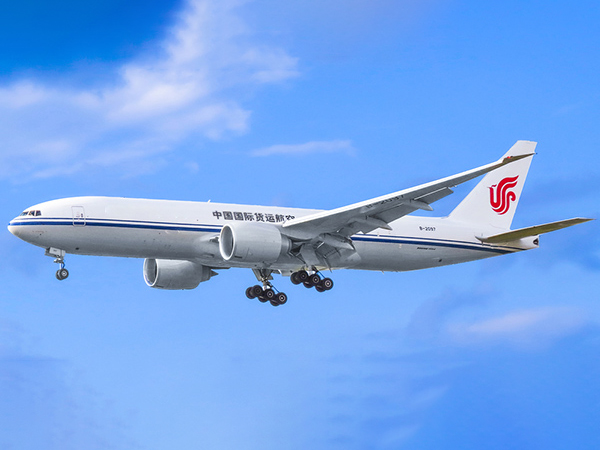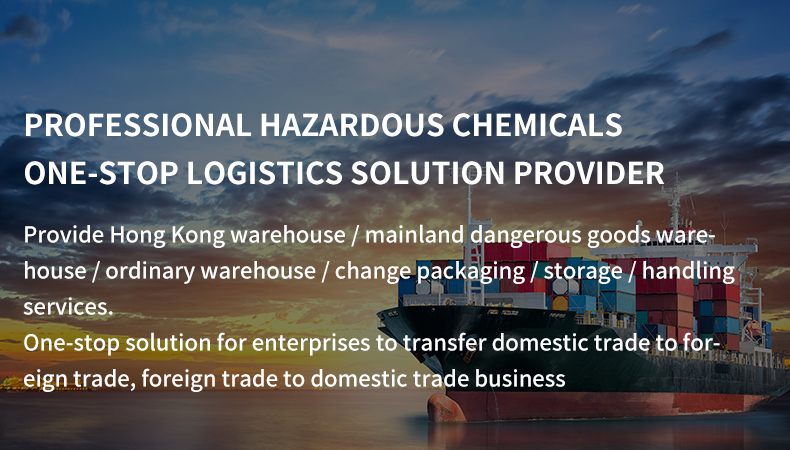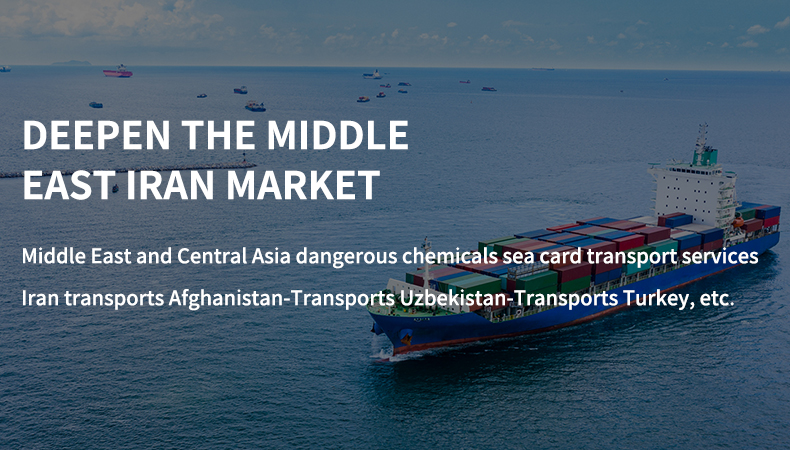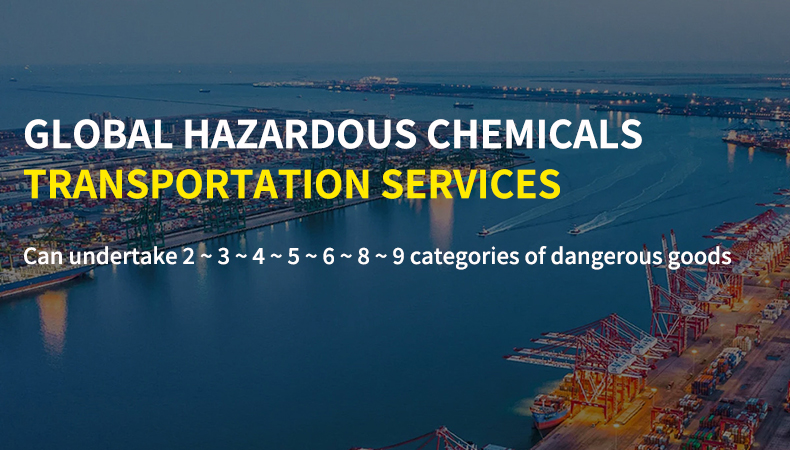Understand the concept and significance of air transport
来源:本站 时间:2024/11/12 10:10:57 次数:
First of all, we need to know what a "pallet" is. A pallet - an air transport pallet is a container for carrying cargo in the cargo hold of an aircraft. It is made of steel, with wheels at the bottom for easy towing, rollers at the top for easy loading and unloading, and hooks or locks around for easy fixing and bundling of cargo. For example, the B747-400 freighter is currently the most advanced cargo aircraft in the world. It has excellent electronic equipment, strong endurance, a maximum cruising range of 8,000 nautical miles, a usable volume of 737 cubic meters, and a main cargo hold that can hold 30 pallets.
Air pallets can be used as a transport unit to transport cargo and apply for the establishment of container freight rates.
Package pallets, that is, contracting pallets. It is a freight forwarding company (first-level air transport agent) that has signed a sales agency contract with an airline and promised to the airline that it would guarantee the delivery of one or several "pallets" of cargo on each flight (time) of a certain route. The airline gives it a lower container freight rate than bulk cargo, giving it a price advantage in the air cargo market.
If the freight forwarding company does not deliver the promised quantity of goods to the airline, it still needs to pay the airline the freight according to the promised number of pallets. Therefore, in order to ensure sufficient supply of goods and avoid empty cabins, the freight forwarder will add a little profit to the price of the pallet and give it to the lower-level agent (second-level air freight agent) or the direct cargo owner. Due to fierce competition, this part of the profit is very limited.
On the one hand, it is costly to obtain the qualification of a first-level agent, which requires a lot of funds. In order to get the master waybill from the airline, the first-level agent can charter the cabin and pallet of the airline. In addition to having a considerable amount of cargo as a bargaining chip and paying a considerable amount of deposit to the airline, another deposit must be paid to participate in the settlement system of the International Air Transport Association (IATA).

On the other hand, due to high costs, the price advantage of the first-level agent is no longer obvious. In order to ensure the volume of cargo, the first-level agent offers a very transparent freight rate to the second-level agent. This leads to a situation: the cost freight rate of some first-level agents with small cargo volume is higher than the cost freight rate of the second-generation air freight.
What do air cargo cabins and air cargo containers (air cargo pallets) mean?
It means that the consignor needs to occupy part or all of the cargo hold, container, or pallet of the aircraft within a certain period of time according to the goods being transported, and the carrier needs to take special measures to ensure it.
1. Fixed cabin: When the consignor transports goods by means of a package (cabin) on the carrier's route, the consignor must pay the freight stipulated in the agreement regardless of whether the goods are delivered to the carrier.
2. Non-fixed cabin: When the consignor transports goods by means of a package (cabin) on the carrier's route, if the consignor does not confirm the space 72 hours before the flight takes off, the carrier can sell the space freely.
The significance of cabin and pallet packaging. Reducing the operational risks of carriers and having a stable income can fully mobilize the enthusiasm and initiative of contractors and maximize the market potential, which is beneficial to the market development of some newly opened routes and cold routes. It is more beneficial to the return and intermediate routes where the marketing power of carriers is relatively weak. The problems of cabin and board chartering have disrupted the market price of air cargo. Cabin and board chartering allow agents to control the pricing of space, which is not conducive to maximizing the profits of carriers and encourages the spread of unhealthy practices.




